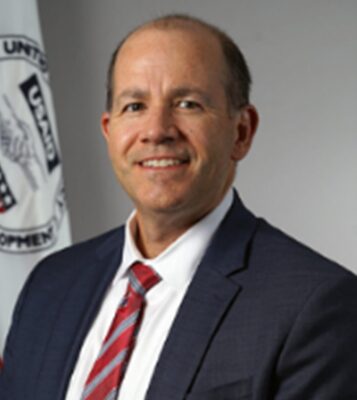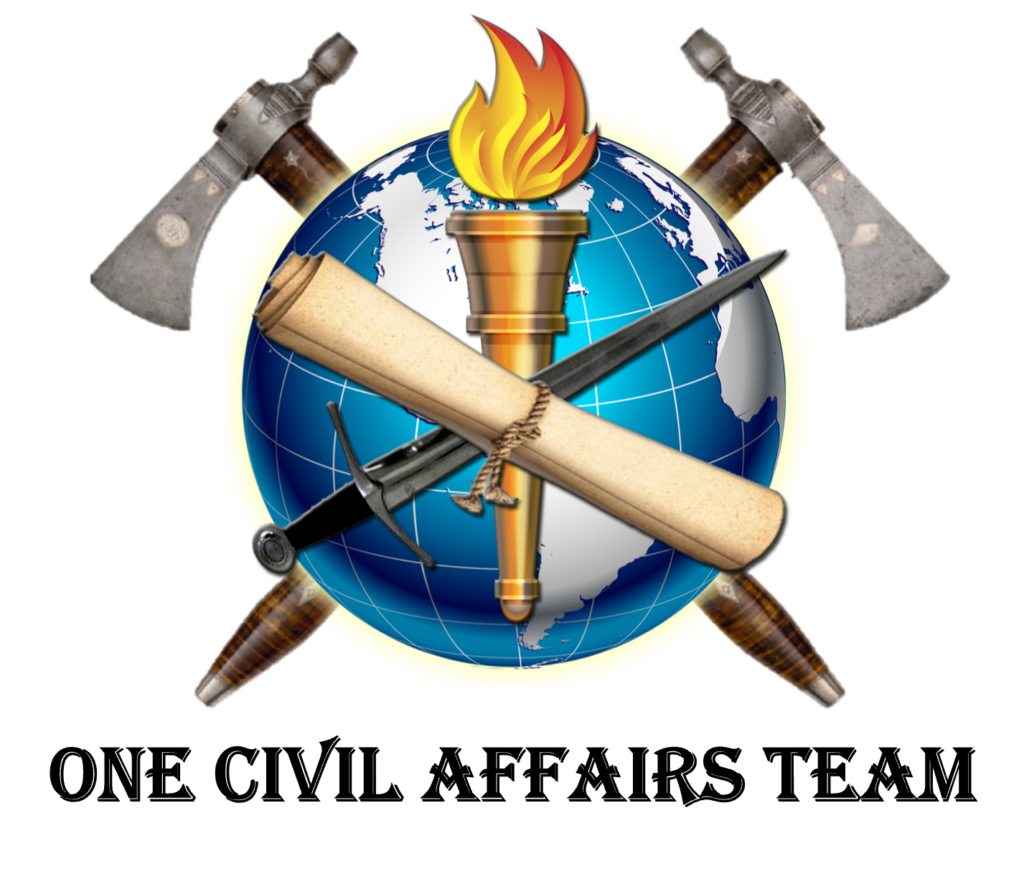By Mr. Ryan McCannell
4-minute read
Having worked for the U.S. Agency for International Development (USAID) Bureau for Africa since 2004, I was moved to research and write about the evolution of civil affairs and interagency partnerships in the U.S. Africa Command (USAFRICOM) area of responsibility (AOR) while I served as a faculty instructor at the U.S. Army War College at Carlisle Barracks, Pennsylvania, in 2017 and 2018. While in Carlisle, I simultaneously served as an advisor to the then Peacekeeping and Stability Operations Institute (PKSOI) – now rebranded as the Security Force Assistance and Stability Integration Directorate (SFASID).
My motivation for writing on this topic was the discovery that civil affairs personnel and activities in Africa were learning from earlier mistakes and becoming better partners for other U.S. agencies in the AOR and with African security forces. Drawing from interviews with several dozen colleagues from the civil affairs community, USAID, State Department, and non-governmental organizations (NGOs), I focused my research on contrasting the initially negative reactions to some early civil affairs efforts in the region (“that was then”) with the growing sophistication and gradual introduction of durable organizational structures that reduced frictions and have made civil affairs personnel key contributors to achieving whole-of-government objectives in the USAFRICOM AOR (“this is now”). At the request of the Civil Affairs Association, I included some recommendations for changes to doctrine, organization, training, matériel, leadership and education, personnel, facilities, and policy (“DOTMLPF-P”). The timing of my research coincided with the ten-year anniversary of USAFRICOM’s inception and the efforts to review the Department of Defense’s (DoD’s) global posture as concerns about China’s growing influence eclipsed the global war on terror and stabilization as defining strategic challenges for the United States. I was honored to win an award from the Civil Affairs Association for the paper, which was published in the 2018-2019 Issue Papers.
A few years later, I contributed a couple of additional articles for the Civil Affairs Association’s online blog, the Eunomia Journal. The first described three key motivations for providing foreign aid, based on a class I taught in Carlisle. The second was a reflection on the potential role civil affairs can play in softening the image of U.S. troops being deployed domestically, so that men and women in uniform can avoid being drawn into the political polarization that plagues our country recently. These efforts, along with some service editing Eunomia Journal articles submitted by bright civil affairs personnel, pulled me into the orbit of the civil affairs community and eventually led to several professional collaborations and personal friendships with some of the finest people I know – so I highly recommend writing about your work!
Let me finish with this postscript. Here in 2025, with USAID being abolished and the State Department distracted with its own complex reorganization, I am concerned about the strategic impact of sidelining key interagency partners with whom civil affairs has worked so closely for several decades – not just in Africa, but worldwide. For those who are pondering the same trends, I recommend Dr. Nadia Schadlow’s 2017 book, War and the Art of Governance, a deeply researched, historical look at how the U.S. Army (and to a more limited extent, the U.S. Marine Corps) has repeatedly been the “option of last resort” for consolidating political gains following battlefield victories, as well as taking on hybrid challenges such as stabilization, humanitarian relief, and irregular warfare. In my lifetime, and especially during my 22-year career with USAID, civil affairs personnel have been our “nearest neighbor” in the DoD, whose presence and partnership we have greeted with relief and camaraderie in some really tough spots on this troubled planet. In Schadlow’s analysis, it will be the Army and Marines, as landpower forces with the only significant capacity left to effect change in austere environments, which once again bear the historic burden of taking responsibility for what should be whole-of-government operations overseas in times of great need.
This is either a great opportunity for civil affairs to rise to this challenge, or a daunting chasm civil affairs will have to overcome while some new arrangement is crafted to replace the 60-year-old defense-diplomacy-development triad that has seen us through so many crises together. I have great confidence in my civil affairs brothers and sisters to lead the way in securing the victory. However, please drop a note in response to this message if you believe I (or my USAID/State/NGO networks) can help any of you think through current challenges or plan for whatever comes next.
Questions for our teammates: Who else would like to share stories about writing and publishing articles, papers, or books about civil affairs? Who is just beginning to get into professional writing and would like to know more about the writing process?
Send a note to the Civil Affairs Team Room.
Subscribe for updates to the Civil Affairs Team Room Blog
Don’t forget to check out our affiliated sites
LC38 Brand
Aerial Resupply Coffee
Ryan McCannell

Ryan McCannell is in transition from the U.S. Agency for International Development (USAID). He served in the National Democratic Institute and USAID since 1996 and as a Director in the Civil Affairs Association from 2019 to 2025. He wrote several articles for the Civil Affairs Association’s online Eunomia Journal regarding the relationships between the Civil Affairs community and other federal agencies and received several awards for his contributions to the Association. He was recently selected as an Honorary Member of the Regiment for the Civil Affairs Corps and will officially receive this honor in a ceremony at Fort Bragg, NC, in November 2025.
